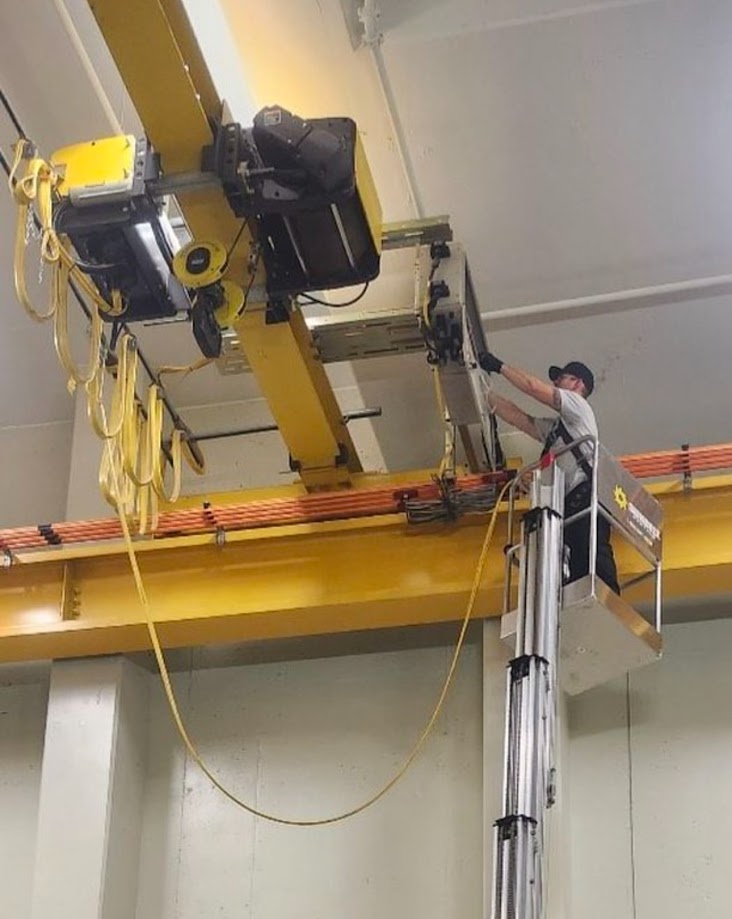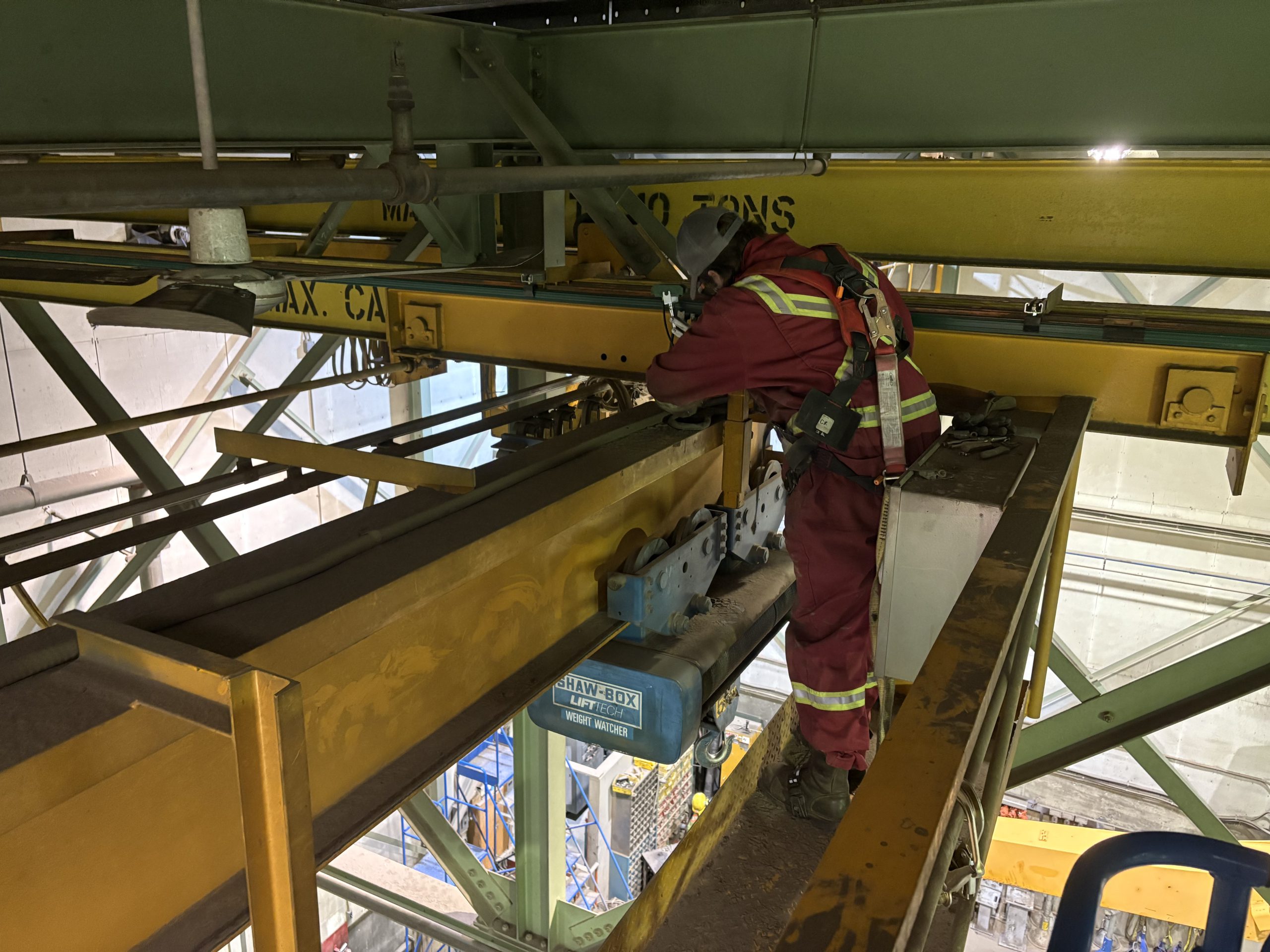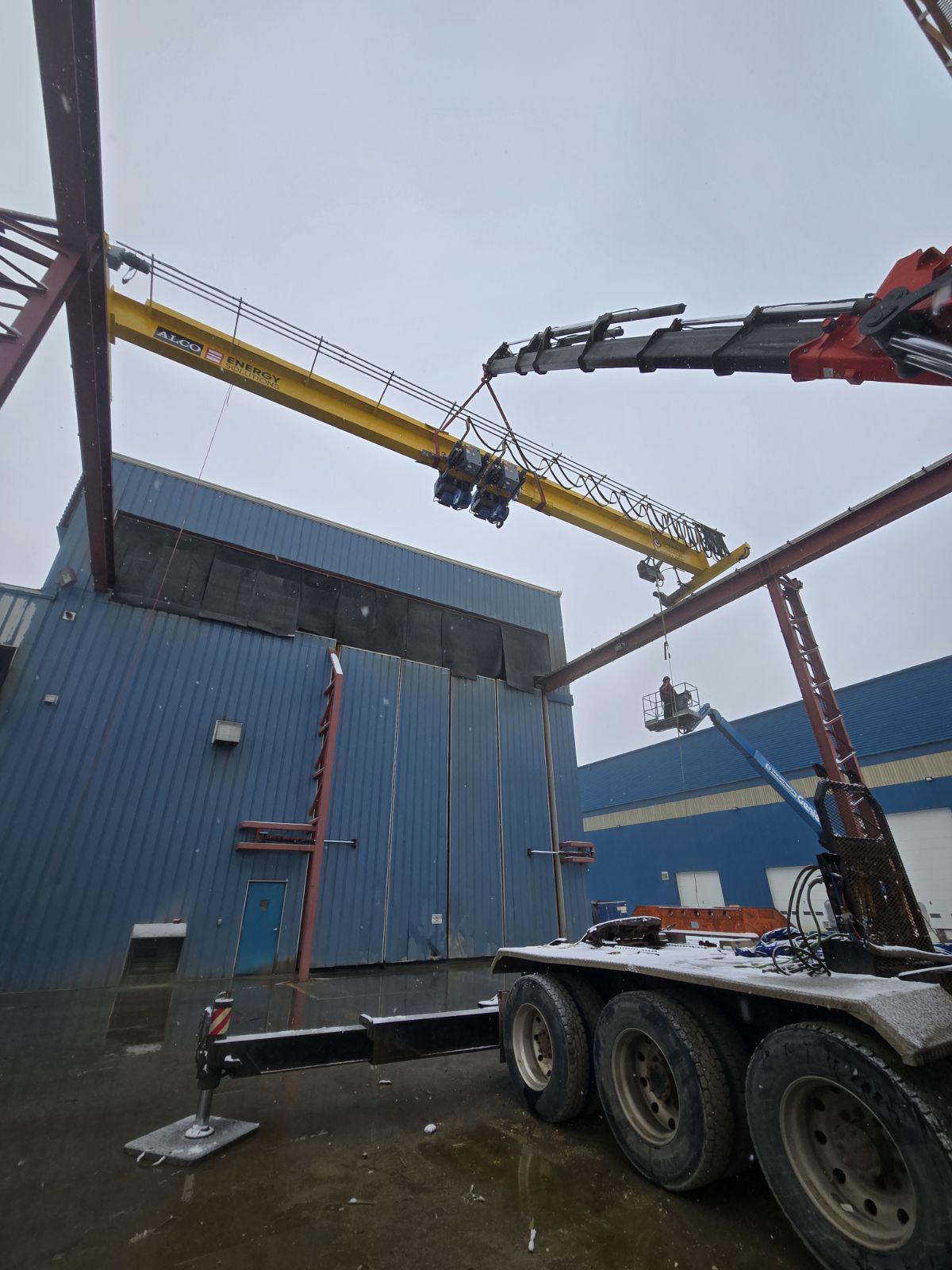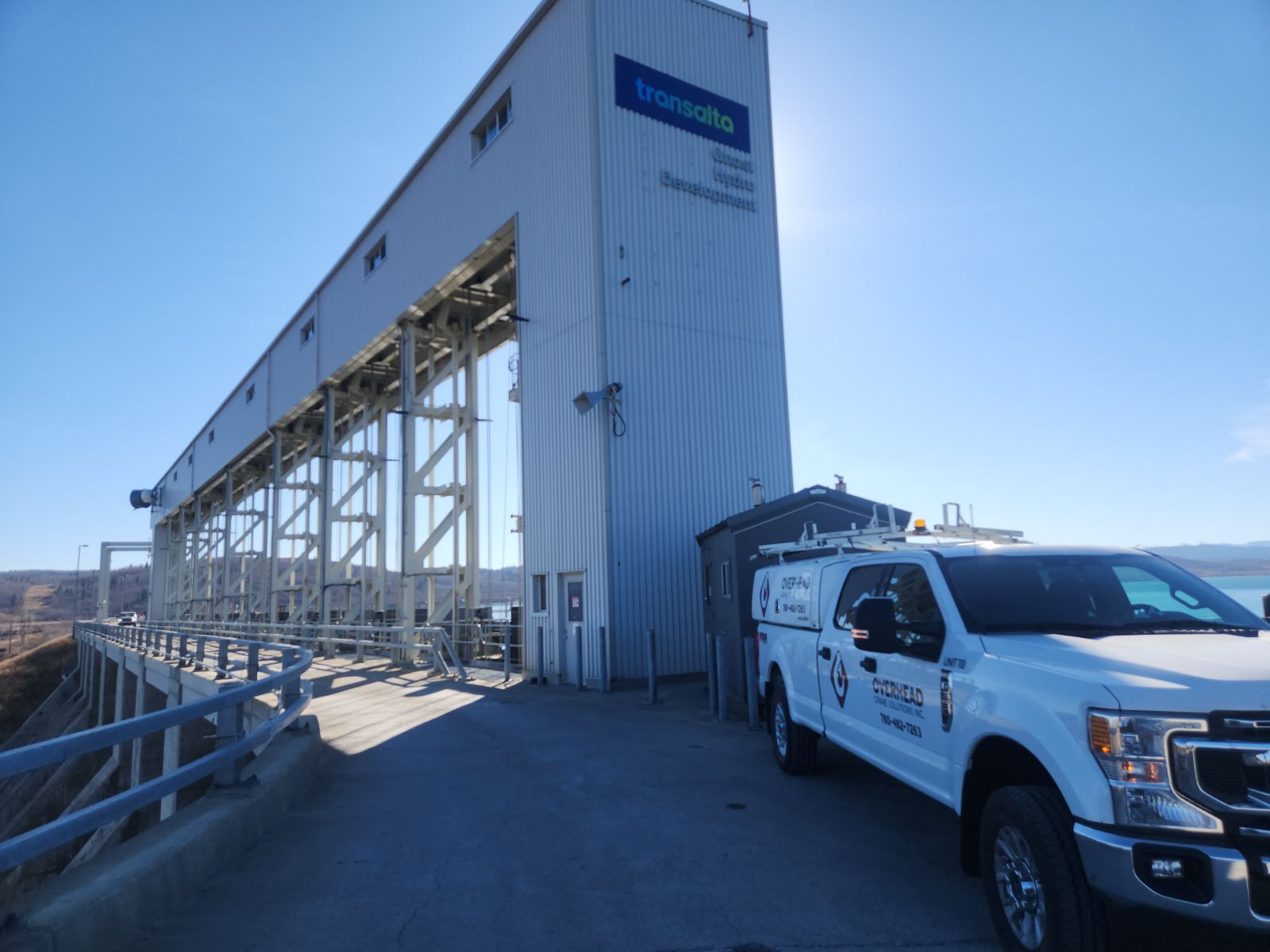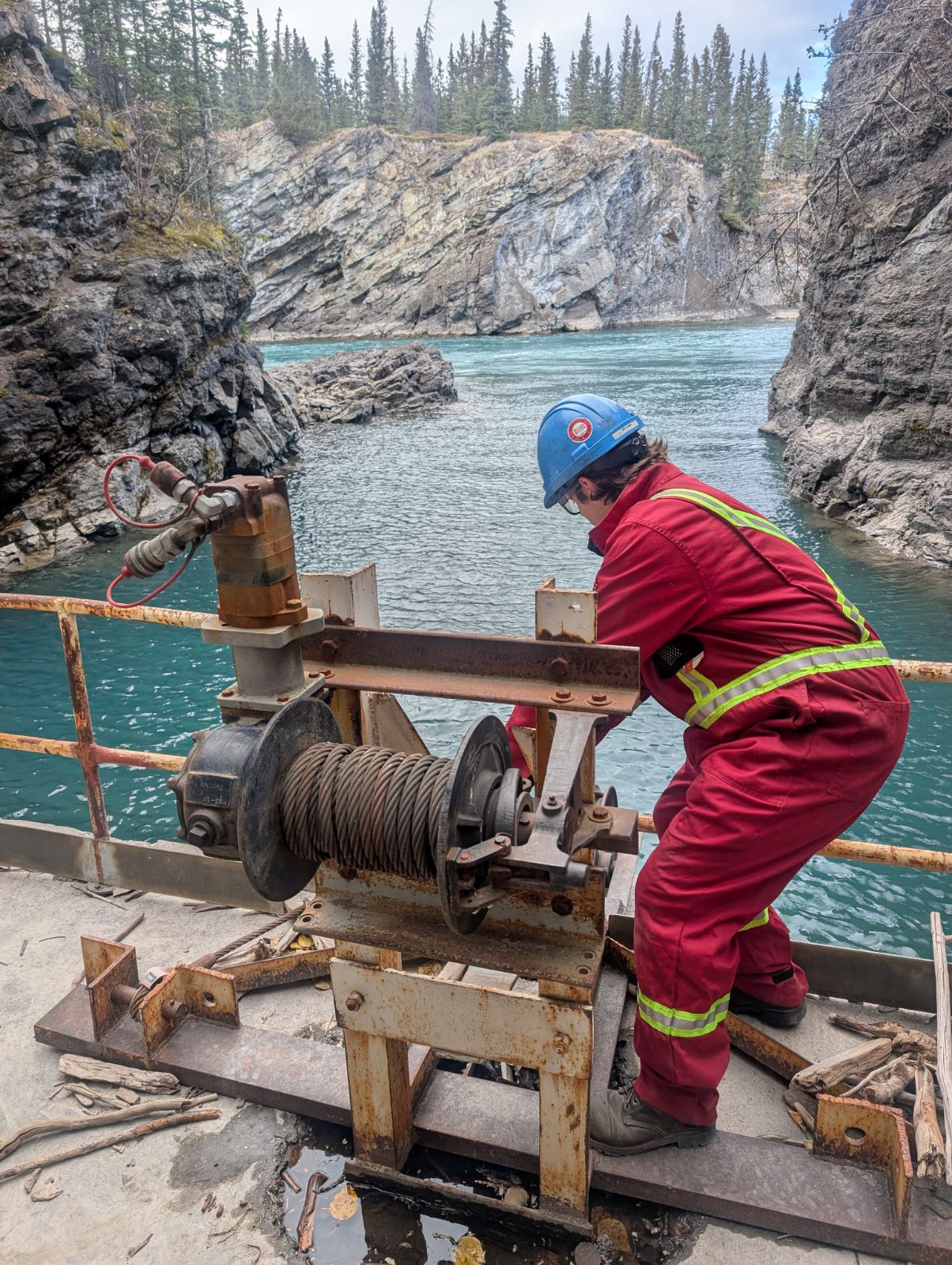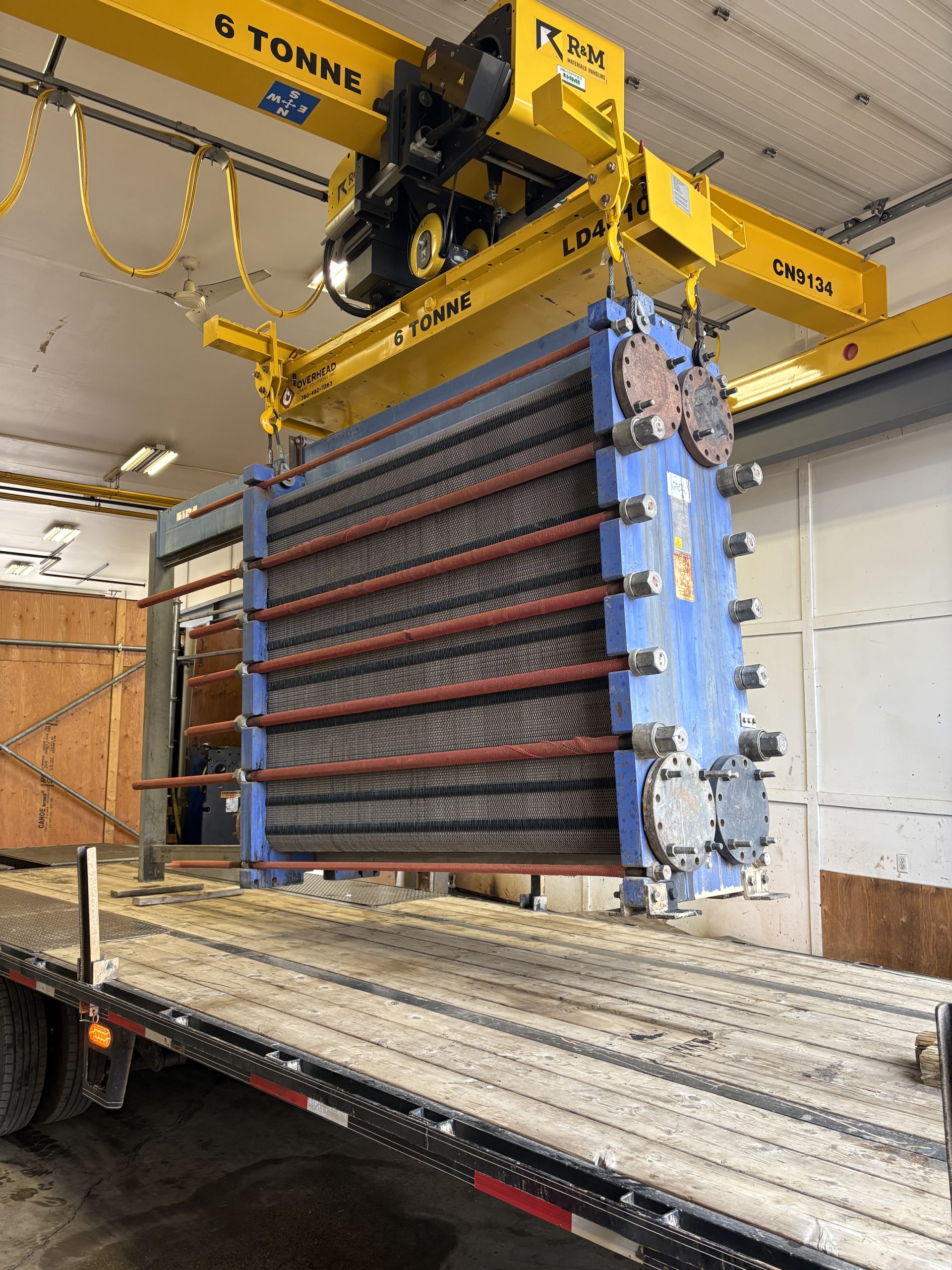At Overhead Crane Solutions Inc., we take safety seriously. That’s why we offer a comprehensive Overhead Crane Safety Training course designed to equip operators, supervisors, and teams with the knowledge and skills necessary for safe and efficient crane operation. Below, you’ll find all the details you need to know about the course, its content, and its objectives.
Course Details
- Cost: $295.00 per student
- Minimum Class Size: 5 students
- Maximum Class Size: 10 students
- Duration: Approximately 8 hours (varies based on student experience and participation)
- Additional Time: No extra charge for extended instruction, including for students with no prior crane experience
- Location: Flexible — at your site or ours (our site includes 5 Ton overhead cranes for hands-on training)
Course Outline
- Introduction
- Crane Component Identification
- Control Features
- Qualifications
- Types of Cranes
- Pre-operation Checks
- Four Directives of Crane Operation
- Controlling Crane Motions
- Load Swing
- Attaching and Handling the Load
- Hand Signals
- Operators’ Responsibilities
- Supervisors’ Responsibilities
- Supervisor Checklist
- Crane Operating Do’s and Don’ts
- Legislation
- Daily Operators’ Checklist
- Exam
Course Objectives
By the end of this course, participants will:
- Understand safety procedures, regulations, and laws governing crane operations.
- Identify and explain the functions of all major crane components.
- Define the minimum qualifications for crane operators.
- Perform daily checklists and pre-operation inspections.
- Grasp the four directives of crane operation.
- Operate cranes proficiently.
- Execute spotting of loads and precision lifts.
- Minimize load swing effectively.
- Master recommended hand signals.
- Conduct rigging inspections and apply rejection criteria.
- Learn basic rigging procedures.
- Comprehend the responsibilities of crane operators and supervisors.
- Assess whether a formal lift plan is necessary.
- Execute hazard assessments related to crane operations.
- Determine emergency response procedures.
- Follow lockout procedures correctly.
Scheduling and Flexibility
While we recommend scheduling well in advance, we strive to accommodate your needs and provide flexibility. Whether you’d like the course delivered at your location or prefer to train at our facility, we’re here to help.
Contact Us
For additional details, questions, or to schedule your training session, feel free to reach out to us anytime. Safety is our priority, and we’re here to support your team in achieving the highest standards of crane operation safety.

